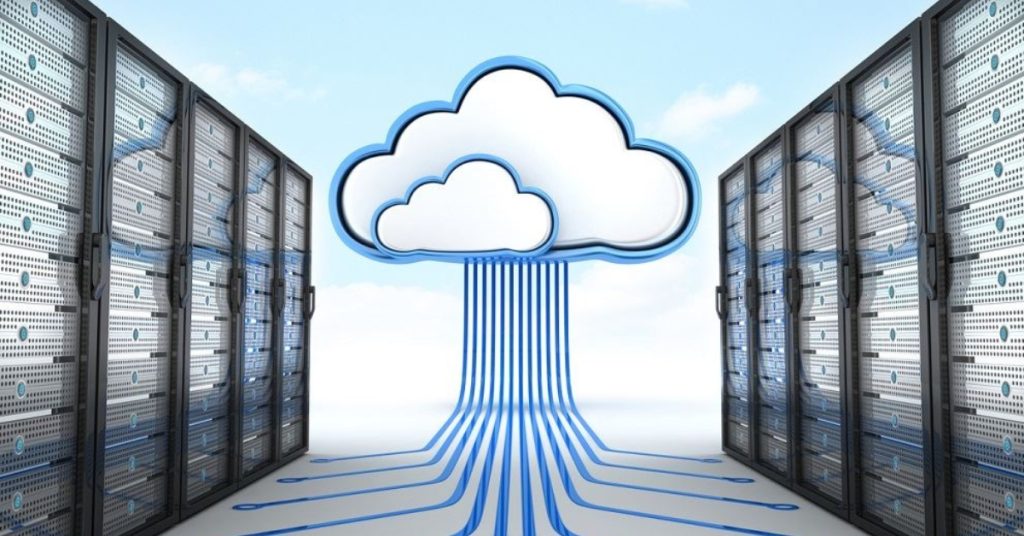
Cloud database systems offer businesses a flexible approach to managing relational databases. Leveraging a vendor's offsite hardware for these databases brings convenience but also necessitates a different kind of management and administrative oversight.
Managing relational databases in the cloud differs significantly from traditional on-premise systems. While on-premise setups are tangible and often supported by in-house resources, cloud databases can be less transparent and more challenging to oversee.
Companies invest in cloud relational database management to avoid resource constraints. Issues such as underperformance, bottlenecks, and inefficiencies in data handling can negatively impact business processes. Conversely, overspending on unused resources can also be a problem.
Effective cloud relational database management involves intelligent systems that ensure scalability, elasticity, and high availability. This includes handling dynamic demands, peak periods, and secure growth as customer bases expand. A well-managed cloud system is always ready to adapt to changing needs.
Managing costs in the cloud involves breaking down license and compute expenses and monitoring resource usage like CPU and memory to ensure efficiency. Automation in cloud relational database management enhances confidence in return on investment by optimizing business processes.
Comments (0)